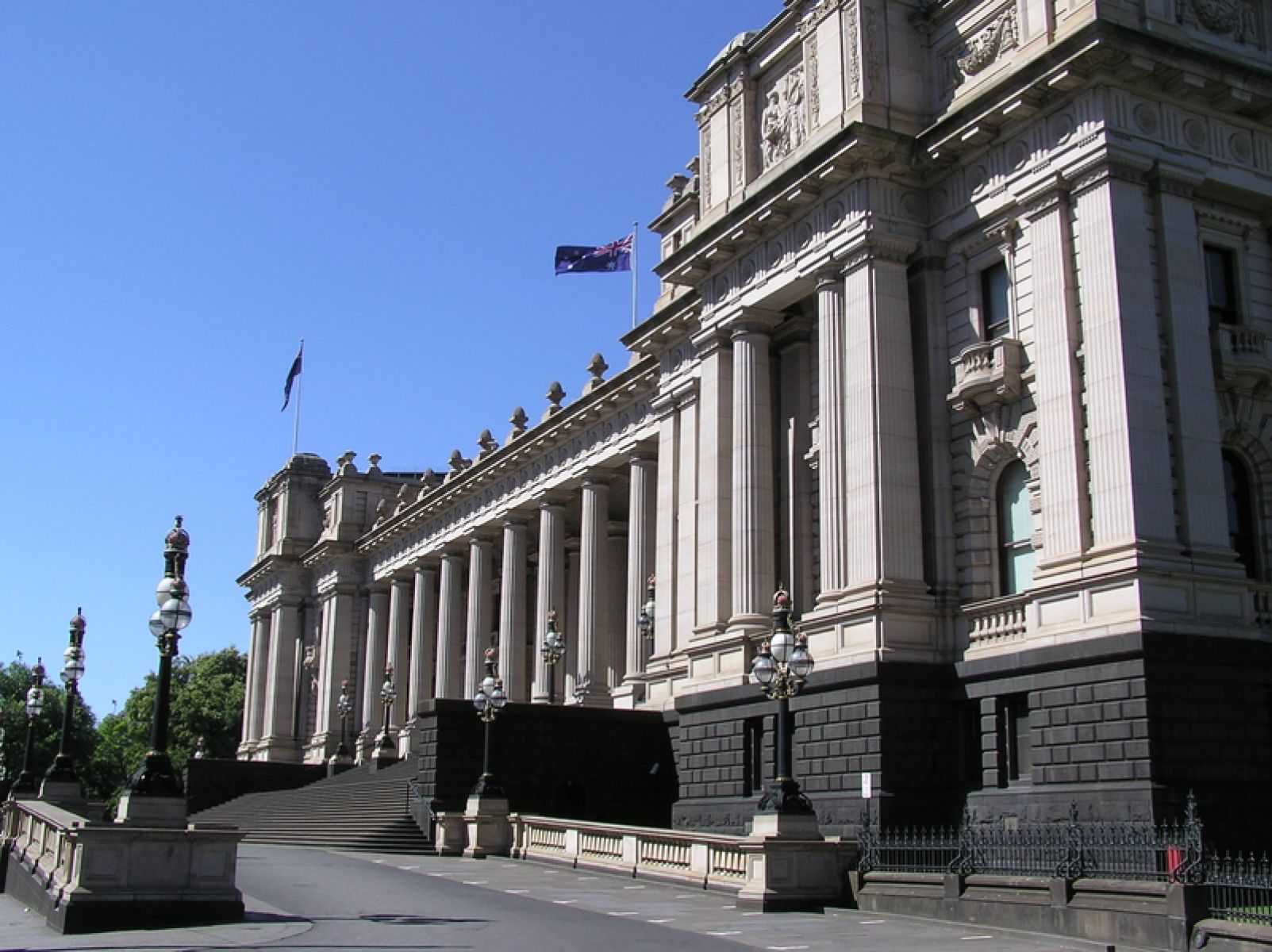Amendments to the Heritage Act 2017 will come into effect in 2024
The Victorian Parliament has passed the Heritage Amendment Bill 2023. The changes will come into effect on 1 February 2024 or earlier by proclamation.
The amendments provide for:
- online access to heritage documents and notices
- online Heritage Council hearings
- applications to exclude places and objects from the Victorian Heritage Register; and
- general amendments that improve the operation of the Heritage Act.
Online access to documents and hearings
The amendments respond to issues that arose as a result of the COVID-19 pandemic. During lockdowns, Heritage Victoria and the Heritage Council could not give the public access to documents in their offices.
The amendments resolve this issue. Documents will no longer need to be made available in offices during a disaster, a pandemic declaration, or a state of emergency. Instead, documents can be made available online. The Bill enhances public access to Heritage Council hearings by providing for online hearings.
The amendments ensure online access to the Victorian Heritage Register and Heritage Inventory. The amendments also ensure protection for personal information during the permit process.
Exclusion determinations will support early assessment of heritage significance
The Bill allows for applications to exclude places and objects from the Register. This will help agencies establish the heritage significance of any place or object before a project starts.
These applications will request that a place or object is excluded from the Victorian Heritage Register. The Executive Director will assess the application. If the place or object does not meet the required threshold, the exclusion will be granted. If it could meet the threshold, it will become a nomination for inclusion. Either way, it means the significance of a place or object can be established in the planning stages of a major project.
If an exclusion is granted, new nominations for the place or object will not be considered for five years. This can be overturned if significant new information is provided. This means exclusion applications need to be robust. If state-significant heritage is identified, it will be considered before works start as part of project planning.
The Heritage Council can receive requests to review any decision to grant or refuse an exclusion within 28 days.

General amendments to improve and streamline operation of the Heritage Act
The amendments will improve the Heritage Act’s operation. The amendments:
- Allow Heritage Victoria to amend permit applications to get a better heritage outcome. Owner permission is required.
- Allow applicants to make minor permit amendment requests without paying a fee.
- Allow permit exemptions to be revoked if they do not reflect best heritage practice.
- Require permits to be issued in 45 business days rather than 60 days.
- Allow the Executive Director to remove archaeological sites from the Heritage Inventory where they are of low value or part of another listing.
- Introduce a 20-day statutory timeframe for decisions on archaeological consents and site cards.
- Allow applications for archaeological consent amendments and exemptions.
- Require archaeological survey reports to be submitted within six months.
- Ensure nominations to add land or objects integral to a place are subject to the same provisions as other nomination types.
- Provide reasons for decisions by the Heritage Council’s on whether to include a place or object in the Victorian Heritage Register.
The Bill also introduces several practical changes. The changes:
- Allow the Heritage Council to use funds set aside as a security measure for a permit to ensure compliance with permit conditions.
- Ensure that, where places have many owners, only those directly affected by Heritage Act processes need to be involved.
- Preventing people from being guilty of an offence when acting in accordance with a notice or order served on them by the Executive Director, Heritage Victoria.
Page last updated: 01/07/24